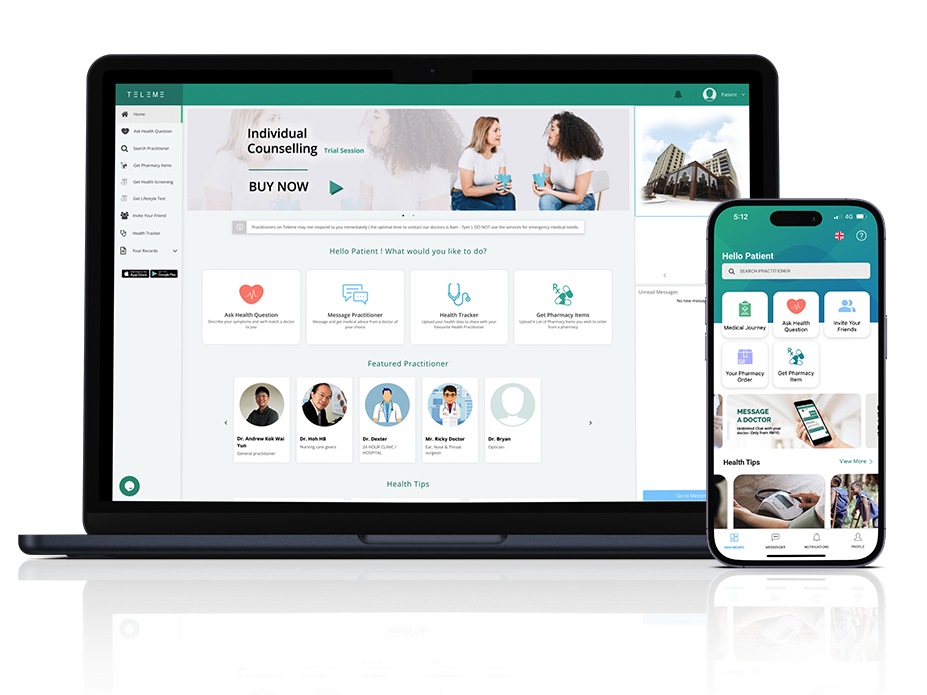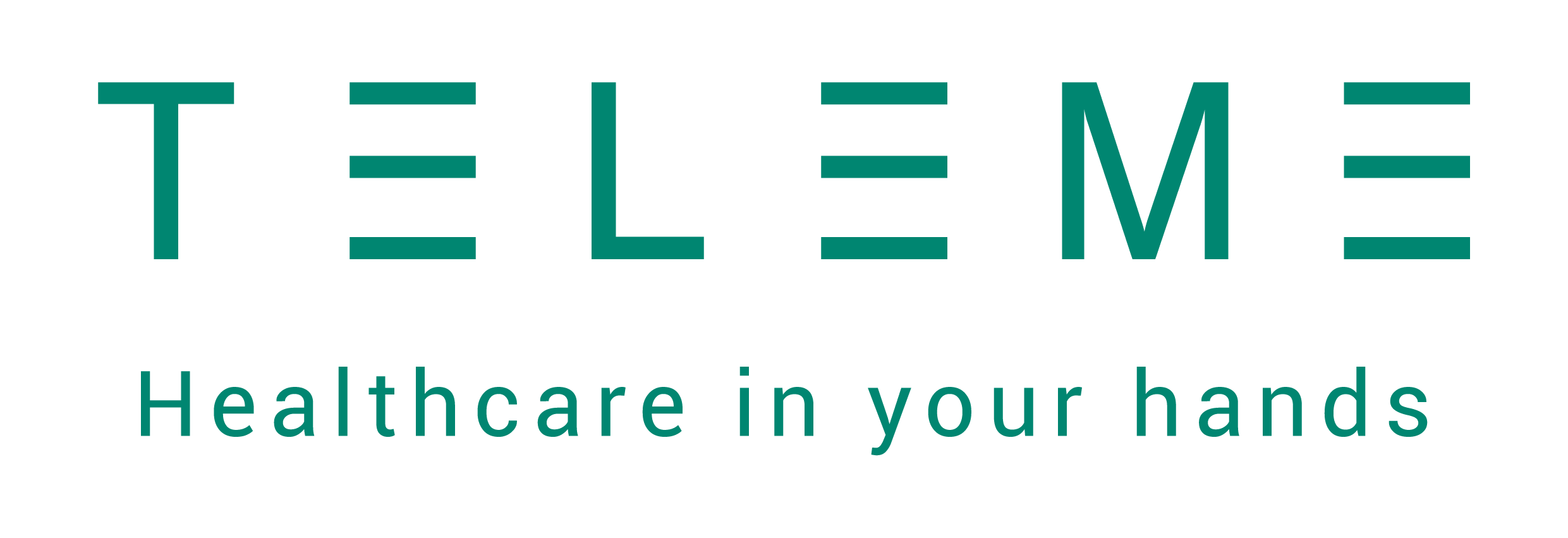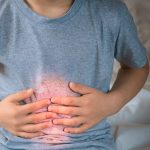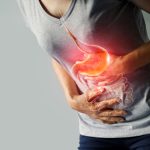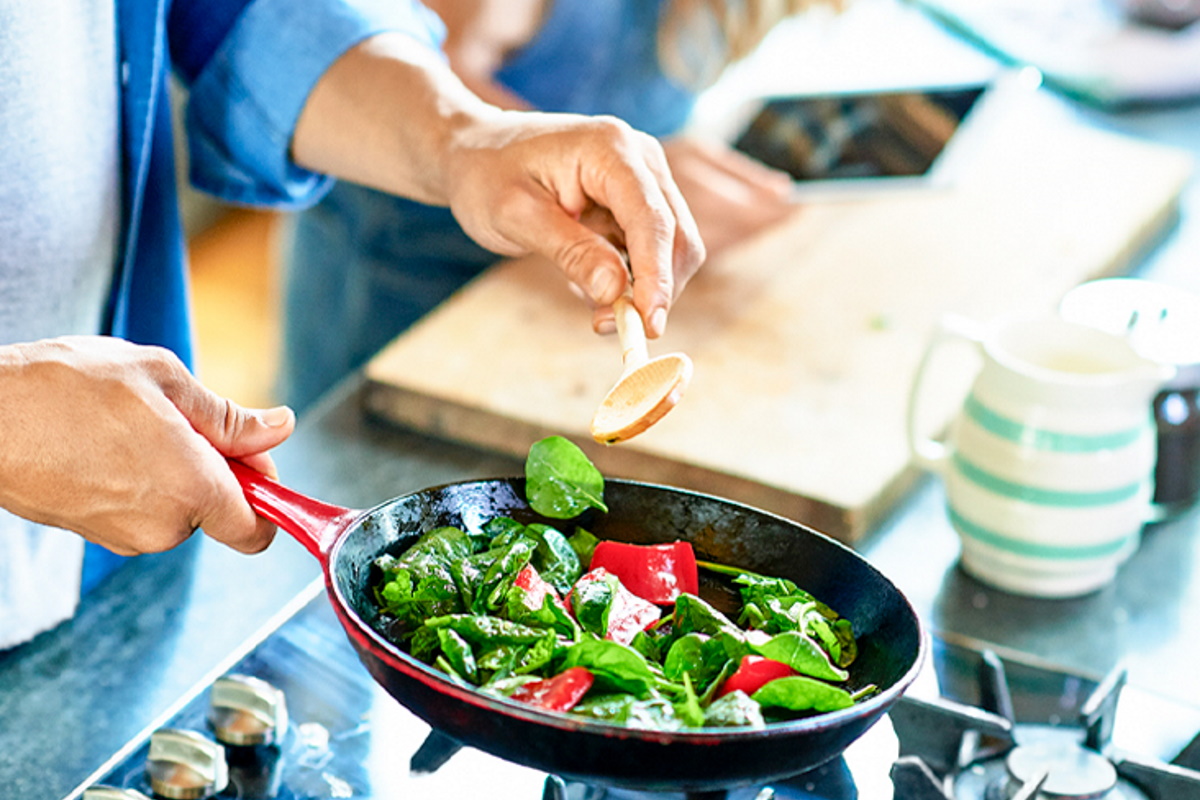
Diet Guidelines for Patients with Colostomy
This dietary guideline is useful for patients who have a colostomy after colon surgery to help prevent discomfort while the colon heals during the first few weeks after the surgery.
General Diet Principles after Abdominal Surgery
- Eat small and frequent meals (for example, take 4-5 small meals instead of 3 large ones a day) with consisting more high energy foods
- Eat slowly and chew your food well
- Drink 8 to 10 glasses of liquids every day.
Click to view Shield Healthcare video on Tips for Recovery after Ostomy Surgery
Special Considerations for Colostomy
High fibre diet is often recommended after most surgeries or during cancer treatment. However, if you have a colostomy (stoma), you will need to observe the following advice;
- Avoid high fibre foods such as grains or seeds and beans
- Avoid oily or fried foods
- Avoid spicy foods
- Avoid high sugar, gassy carbonated drinks
- Avoid raw vegetables
- Limit fruits and vegetables
- Limit lactose or dairy products if you are lactose intolerant (common in Asians)
Eat bland, low-fibre foods for the first few weeks after surgery to avoid excessive gas, belatedness, diarrhoea and prevent overfilling your stoma or causing blockage. When you add foods back to your diet, introduce them one at a time and watch how your body reacts to the food.
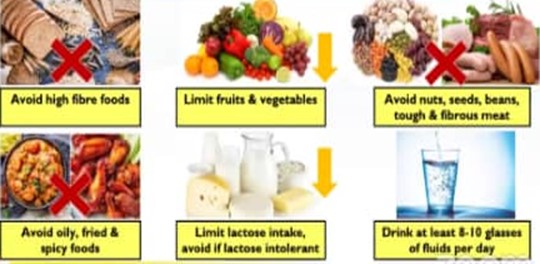
How to avoid bloatedness or having too much gas
After surgery, some people may get certain food intolerances which did not exist before the colon surgery surgery. A food intolerance is defined as getting uncomfortable symptoms such as diarrhoea, bloating, gas or bad smelling odour after eating certain foods. You may need to test out yourself and watch for your body’s reaction because different people will have different food sensitivities. When you add your regular foods back into your diet, try to introduce them one at a time. There is no need to rush!
Click to view Shield Healthcare video on How to Eat with an Ostomy
Try to avoid the following actions to reduce problems with gas or odour
- Chewing gum
- Smoking cigarettes or cigar
- Drinking with a straw
- Eating too fast or swallowing without chewing
Avoid these foods which may increase gas in the colon
- Alcohol or carbonated drinks
- Broccoli, brussel sprouts or asparagus
- Cabbage or cauliflower
- Garlic or onions
- Grapes or prunes
- Dairy products
Discuss your diet plan with your dietician or nutritionist after your surgery
Disclaimer. TELEME blog posts contains general information about health conditions and treatments. It is not intended to be a substitute for professional medical advice, diagnosis or treatment. The information is not advice and should not be treated as such.
If you think you may be suffering from any medical condition, you should seek immediate medical attention from your doctor or other professional healthcare providers. You should never delay seeking medical advice, disregard medical advice, or discontinue medical treatment because of information on this website.

